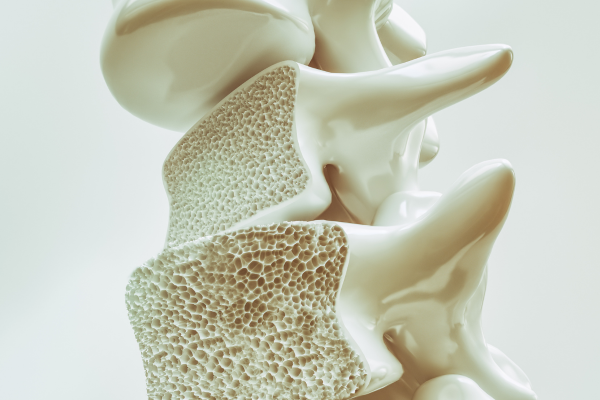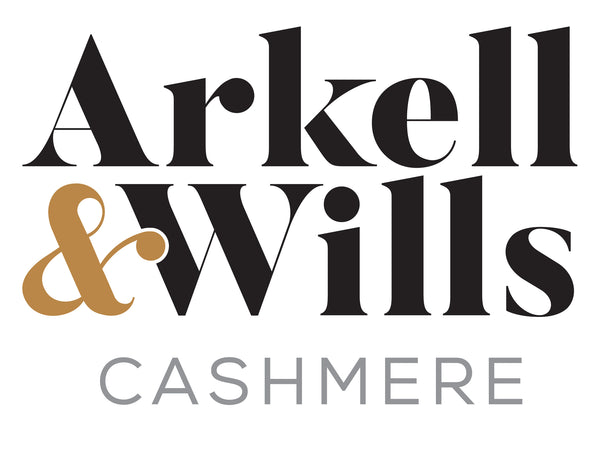
The Importance of Understanding Your Bone Health
Share
It’s easy to know when our muscles are healthy – they feel flexible and strong. Or if they are damaged, we might feel tightness, injuries or see bruises, but this is not the case with our bones. Of course we will feel a bone bruise or fracture, but what we can’t feel is our bone density or bone quality, we just presume our bones are strong and healthy.
Bones support the body in a number of ways, producing blood cells, storing usable fats, as well as the most obvious role of providing structure and protection to the whole body. Having strong healthy bones not only enables our body to function well, but will also reduce the risk of conditions like osteoporosis and fractures later in life. So, understanding our bone health is hugely important, especially as we age.
Bone mineral density (BMD) is linked to bone strength and this builds through our life, peaking at around 25-30. Our bones continue to remodel beyond this point, but unfortunately, our BMD begins to decrease over the age of 30, and more significantly around 50 related to menopause. This is due to the process of bone remodelling changing, resulting in a shift in the balance where we breakdown more bone than we build.
There is a positive in this though, as we can still have strong bones, even if our BMD is low. The bone microarchitecture - the internal structure of the bone, fine interconnecting plates of bone, rather honeycomb like - can still be healthy and resilient, despite low BMD, protecting us against fractures.
How is bone health measured?
The traditional route for bone scanning is a DEXA scan which uses low dose Xray to assess BMD. Due to the radiation exposure, there is limited access to DEXA unless you are in a particular age bracket especially with a fracture, deemed at risk or have suffered an unusual fracture at a younger age.
Newer scanning technology, REMs, is now available which uses radiation-free ultrasound to assess BMD. This technology also assesses the quality of the bone microarchitecture offering a Fragility Score as well as the traditional T and Z scores and a clearer picture of fracture risk.
Can bone health be influenced:
While unavoidable external factors do play a role in bone heath, such gender, genetics, hormones and prescription medication, we can help maintain and even improve our bone quality through some simple lifestyle changes.
Diet: follow a healthy whole food diet, including plenty of calcium, vitamin D and magnesium, taking nutritional supplements as required.
Exercise: weight-bearing exercises are especially important, (using weights and incorporating impact exercises) as they can stimulate bone growth and maintain bone density.
Lifestyle Choices: try to maintain a healthy weight (underweight and overweight can negatively impact bone health) avoid smoking and recreational drugs, stay well hydrated and avoid excessive alcohol consumption. Be aware that long term medication (such as corticosteroids) can lead to bone density loss, but these may be unavoidable.
Is there a treatment for bone health?
There are very few ‘treatment’ options for BMD loss, other than medication. This route does not improve bone health, but purely aims to slow bone density loss aiming to reduce risk of fracture. A few newer medicines can help to build BMD, but these are given to very few patients. Other risk factors are present with all the medications, but in more advanced cases, this maybe is the safest option when fracture risk is very high.
However, there is a drug-free, non-invasive treatment available with MBST technology. It is designed boost cellular health and activity, stimulating natural bone regeneration. This helps to make the bone more healthy and resilient, as well as influence bone density.
 For information on skeletal health from Encompass Health in Cheltenham or their next bone screening event on 7th November please call 01242 805 851
For information on skeletal health from Encompass Health in Cheltenham or their next bone screening event on 7th November please call 01242 805 851
For more information on REMs scanning or MBST, contact team@encompasshealth.uk.
www.encompasshealth.uk Insta - encompass_health_chelt
